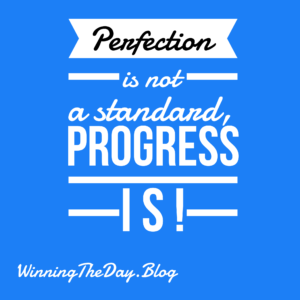“To delay is to make the right decision harder.”
This simple statement holds a powerful truth: indecision itself is a decision—a decision to let circumstances dictate the outcome.
Think about it: not making a choice is still a choice. It’s a choice to remain stagnant, to miss opportunities, and to potentially face more difficult consequences down the line. This is the compound effect of indecision: small delays accumulate over time, making future decisions more complex and costly.
Time is a relentless force. It doesn’t wait for us to make up our minds. As time passes, options disappear, circumstances change, and the cost of inaction increases.
Consider these examples:
- In business: Delaying a crucial marketing campaign could mean losing market share to competitors. Putting off hiring a needed team member could lead to burnout and missed deadlines.
- In personal life: Procrastinating on addressing a health concern could allow a minor issue to become a major problem. Delaying difficult conversations can strain relationships and create lasting resentment.
- In real estate: Waiting to list a property in a changing market could mean missing out on optimal pricing. Procrastinating on making an offer on a dream home could lead to losing it to another buyer.
How to Overcome Indecision:
While indecision is a common human experience, it doesn’t have to control your life. Here are some strategies for making decisions more effectively:
- Define Your Priorities: Clearly understand what’s most important to you. This will help you evaluate options and make choices that align with your values and goals.
- Gather Information: Don’t make decisions based on assumptions or incomplete information. Research your options and gather the necessary data to make informed choices.
- Set Deadlines: Give yourself a timeframe for making a decision. This prevents procrastination and forces you to take action.
- Weigh the Pros and Cons: Create a simple list of the advantages and disadvantages of each option. This can help you visualize the potential outcomes and make a more objective decision.
- Trust Your Gut: Sometimes, your intuition can provide valuable guidance. If you have a strong feeling about a particular option, don’t ignore it.
- Embrace Imperfection: Don’t strive for the “perfect” decision. Sometimes, a good decision made promptly is better than a perfect decision made too late.
Don’t let indecision hold you back from achieving your goals. By understanding the cost of inaction and implementing these strategies, you can become a more decisive and effective decision-maker. And that is how we win the day!

One thought to “The High Cost of Indecision: Why Acting Now is Essential”